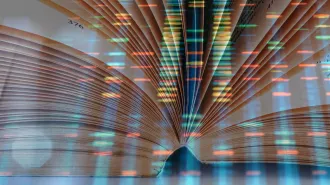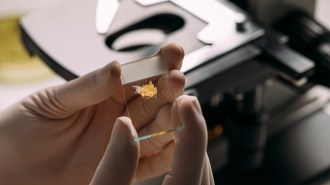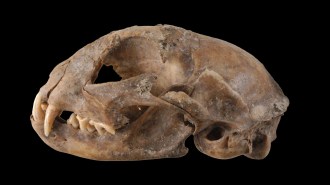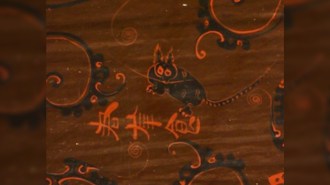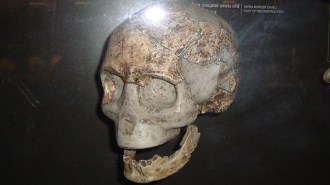A billion years of evolution doesn’t change some genes
Yeast can get by with human versions of almost half their essential genes
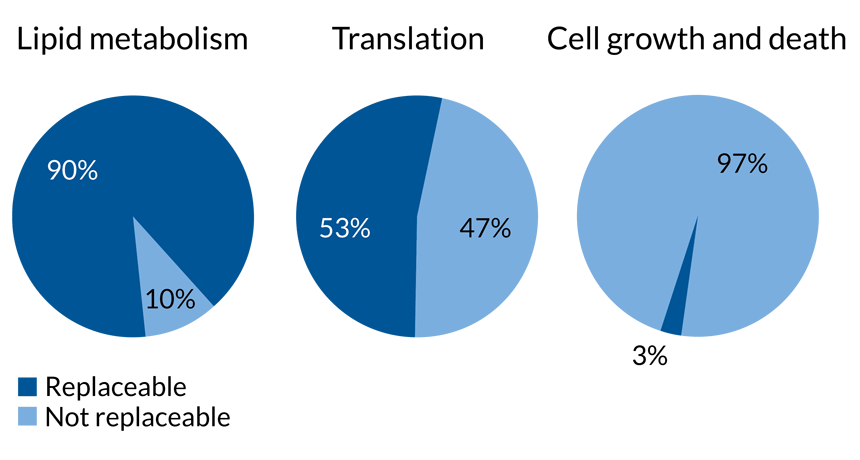
SWAPPED Evolution has held to tried-and-true genes for some processes while allowing innovation in other areas, according to experiments that exchanged yeast genes for human versions. Shown are the percentages of yeast genes in certain biological processes that can be successfully swapped for a human gene.
A.H. Kachroo et al/Science 2015



